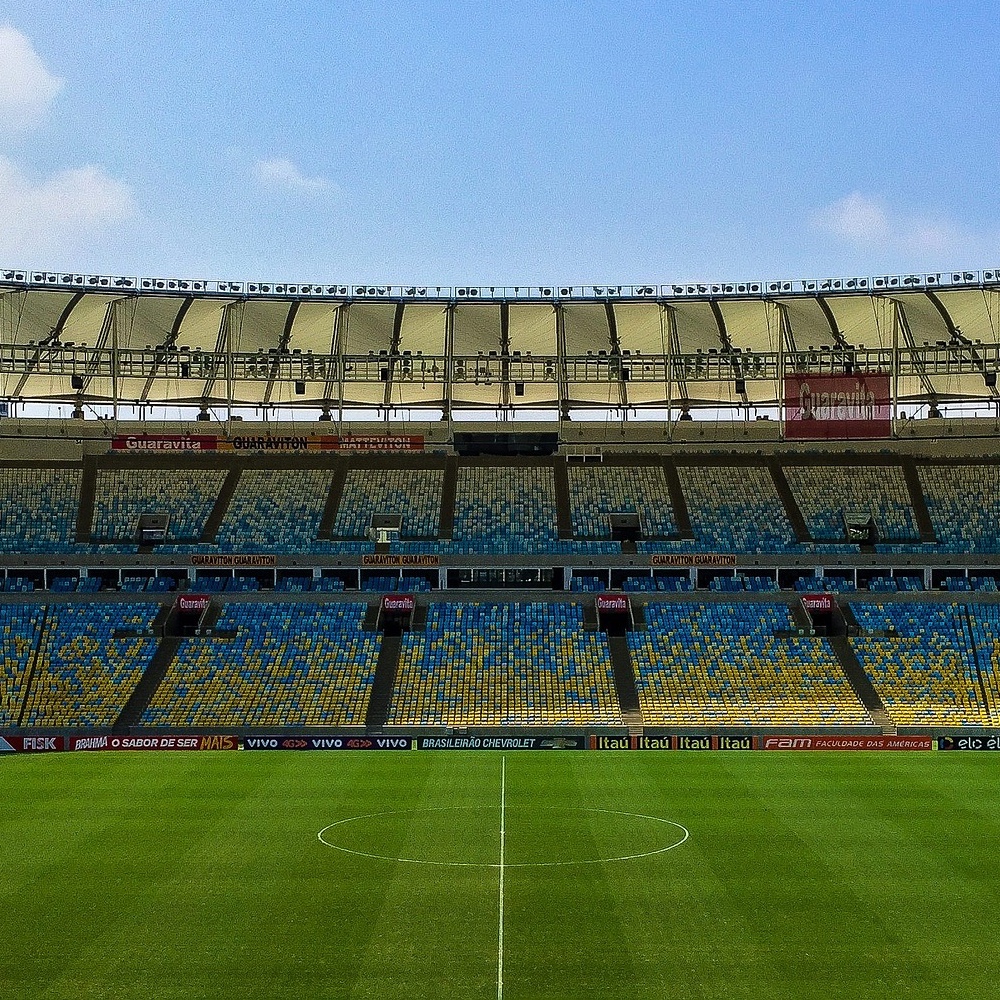Published:

The World Cup is making history in 2022! This year marks the first time in the of the World Cup that it is hosted by a . Qatar put in its while competing against Australia, South Korea, Japan, and the U.S. for the chance to host this prestigious event. Hosting sports events as globally recognized as the World Cup ensures economic benefits that will provide the nation with a great opportunity to not only capitalize on profit but also show off its unique culture and traditions throughout the event, resulting in progress for the nation of Qatar.
This year's World Cup is predicted to move Qatar’s economy forward by , but slow back down to about . Qatar is expected to host an excess of over visiting fans for the games. As a result, there will be an increase in media coverage, tourism, and public interaction which can help boost their economy in the long run. Originally, the nation was predicted to gross around from hosting the World Cup, but this has since been revised to a number closer to . It must be noted that hosting the event costs Qatar anywhere from . This is close to the of anywhere between $10 billion and $20 billion to host the World Cup. Qatar is spending billions to create some of the most sporting facilities to construct the for the tournament, potentially driving their costs as the nation prepares to accommodate fans.
Normally the World Cup takes place over the summer months; however, because Qatar is in the northern hemisphere, the tournament will take place from . This is an unprecedented plan due in part to the extreme heat that the nation experiences. While there are some critics of the decision, this choice is necessary to ensure safe conditions for all fans in attendance and the players participating. The event is already seeing lower ticket sales this year from fan bases that usually make up a majority of the crowd, such as the Netherlands which is expecting of its usual attendees. Costs are also fans from Poland, Switzerland, Croatia, and Belgium. If the tournament remained in the hot summer months, fans might only be driven further away, which the event cannot afford at this rate. Despite this reasoning, this change is not a unanimously approved decision, as many are opposed to moving the World Cup to the later months of the year. The main oppositions are regarding the and the simple fact that the heat in Qatar can still potentially be unbearable for such an event. Much of the billions required to construct the stadiums are being used to implement capable of reducing stadium temperatures by up to 36 degrees Fahrenheit in efforts to make Qatar a suitable host.
As Qatar continues to strive for its , revolving around the goal of an advanced society capable of continuous development and modernized traditions, the World Cup will only help to bolster them towards this mission. As excitement towards this historic event is growing with each day closer to November 20th, Qatar is continuing to capitalize on billions in ad revenue, tourism, media coverage, and public interaction. In time, the World Cup may turn out to be one of the best opportunities for this prospering Middle Eastern nation.
File under